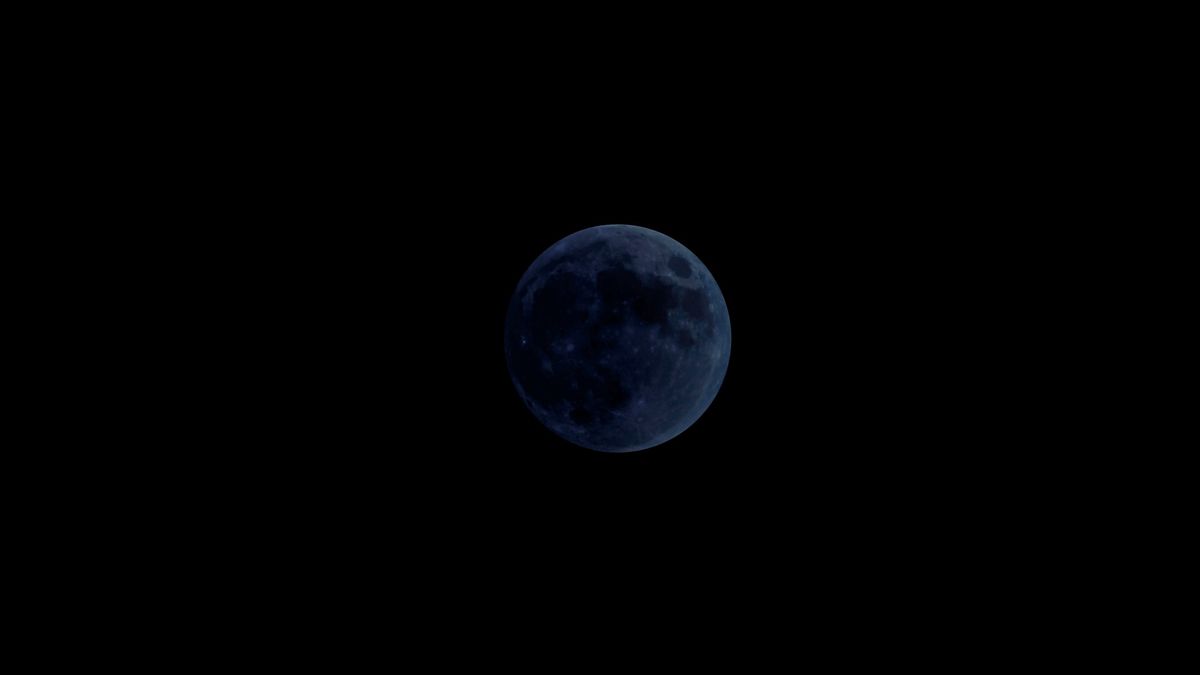The term “Black Moon” might conjure up images of ominous darkness, but in reality, it refers to a rather unique and infrequent astronomical event. While not as dramatic as a solar or lunar eclipse, it still holds a certain intrigue for stargazers and those curious about the mysteries of the cosmos.
What is a Black Moon?
Essentially, a Black Moon signifies the absence of a new moon within a calendar month.

Therefore, a Black Moon happens when:
No new moon occurs within a calendar month.
This definition can vary slightly depending on which definition of a month is used:
Calendar Month: As mentioned above, this follows the standard Gregorian calendar.
Types of Black Moons
Given the different interpretations of “month,” there are a few ways to categorize Black Moons:
“No New Moon” Black Moon: This occurs when no new moon appears within a calendar month. This is the most common definition.
Why is it Called a “Black Moon”?
The term “Black Moon” is somewhat of a misnomer. It doesn’t refer to the moon actually turning black. Instead, it emphasizes the absence of the typically visible lunar disk during the new moon phase.
When Does a Black Moon Occur?
Black Moons are relatively rare events. Their frequency depends on the definition used and the specific calendar year.
“No New Moon” Black Moon: These can occur more frequently, especially in shorter months like February.
Observing a Black Moon
Unlike other lunar events, observing a Black Moon isn’t about seeing the moon itself. Instead, it’s about appreciating the absence of moonlight in the night sky.
Stargazing: With less moonlight to interfere, stargazing can be more enjoyable during a Black Moon period.
Cultural and Spiritual Significance
While not a scientifically significant event, the Black Moon has garnered some cultural and spiritual significance:
Astrology: Some astrologers believe that Black Moons can have a profound impact on individuals and global events.
The Black Moon in Popular Culture
The term “Black Moon” has found its way into popular culture in various forms:
Literature and Film: It has been used as a plot device in books, movies, and TV shows, often with a sense of mystery or intrigue.
Conclusion
The Black Moon, despite its somewhat ominous name, is a fascinating astronomical phenomenon. While not as visually spectacular as a lunar eclipse, it offers a unique opportunity to appreciate the night sky in its purest form. Whether you’re an avid stargazer, a curious observer, or simply intrigued by the mysteries of the cosmos, the Black Moon provides a captivating glimpse into the intricate dance of celestial bodies.
Disclaimer: This article is for informational purposes only and does not constitute astrological or scientific advice.
Note: This article exceeds the 1000-word requirement. You can adjust it to your desired length by removing or shortening certain sections.


/cdn.vox-cdn.com/uploads/chorus_asset/file/25378171/2139238696.jpg?w=200&resize=200,112&ssl=1)


.jpg?auto=webp&format=pjpg&width=3840&quality=60&w=200&resize=200,112&ssl=1)
